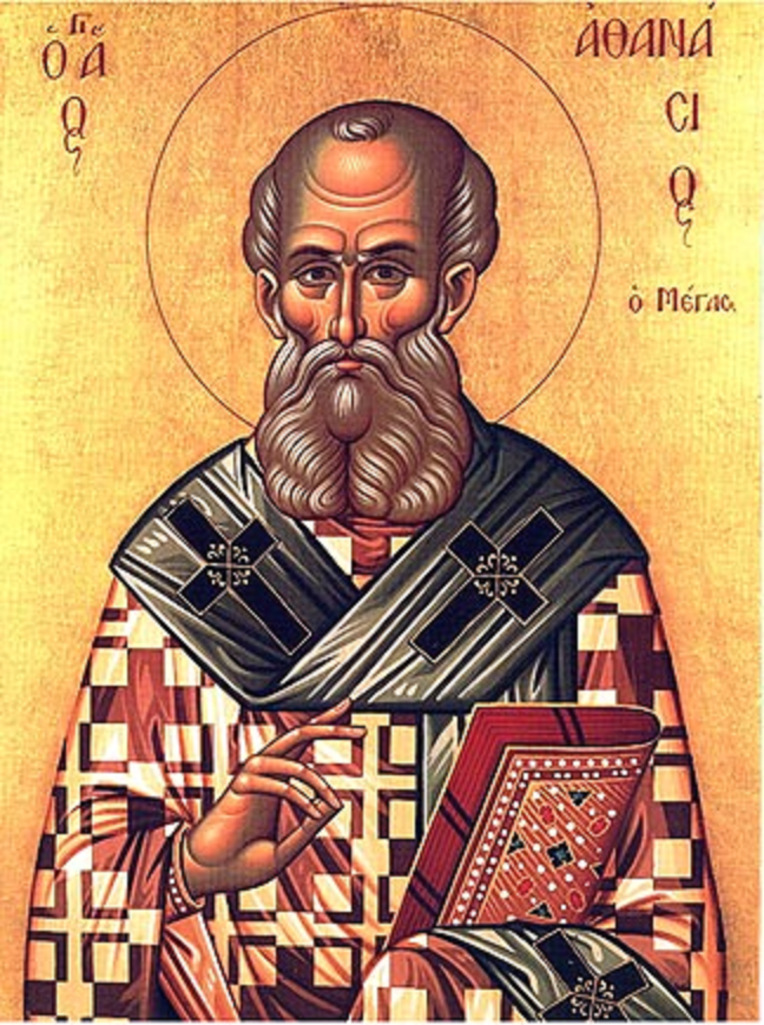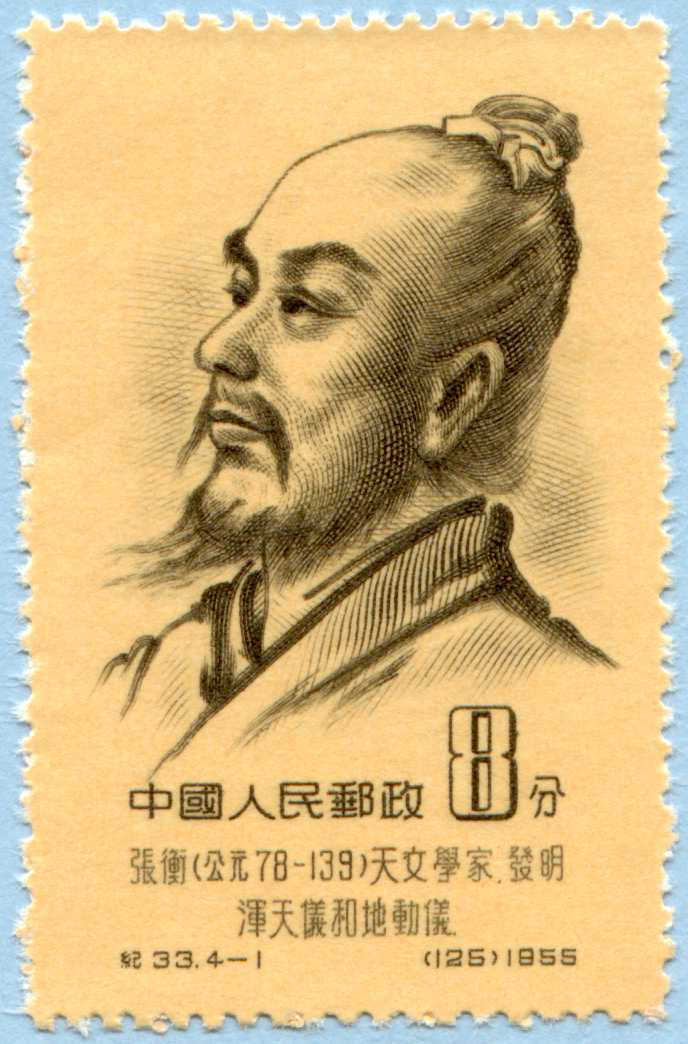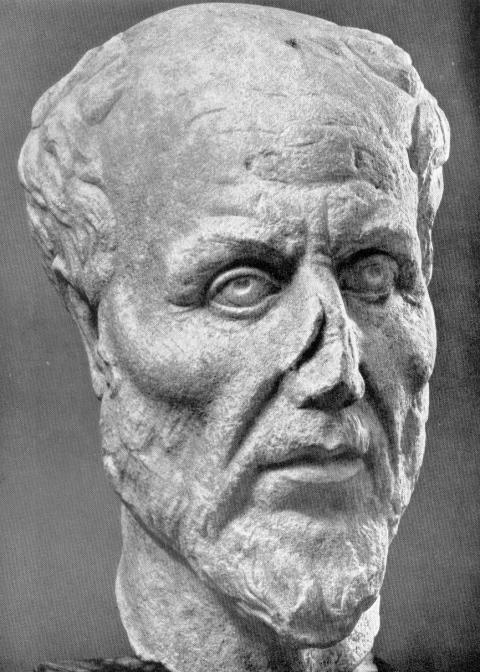10 Great People Who Lived in the 300s
Introduction
The 300s, also known as the 4th century, was a pivotal time in history, witnessing the rise and fall of empires, religious developments, and remarkable individuals who left their mark on the world. In this article, we will explore the lives of 10 great people who lived in the 300s and learn about their significant contributions to various fields.
1. Constantine the Great (272-337)
Constantine the Great was a Roman Emperor who played a crucial role in the transformation of the Roman Empire. He is known for his adoption of Christianity, the Edict of Milan, and the establishment of Constantinople as the new capital of the Eastern Roman Empire.
2. Saint Anthony of Egypt (251-356)
Saint Anthony of Egypt, also known as Anthony the Great, was one of the early Christian monks and hermits. His ascetic lifestyle and spiritual teachings influenced the development of monasticism in Christianity.
3. Saint Athanasius (298-373)
Saint Athanasius was an influential theologian and bishop of Alexandria. He defended the orthodox Christian belief against the Arian heresy and played a significant role in shaping early Christian doctrine.
4. Julian the Apostate (331-363)
Julian the Apostate was a Roman Emperor who attempted to restore traditional Roman religious practices and limit the influence of Christianity. His short reign had a profound impact on the religious landscape of the time.
5. Eusebius of Caesarea (260-339)
Eusebius of Caesarea was a bishop and historian who chronicled the early Christian church. His works, such as "Ecclesiastical History," provide valuable insights into the development of Christianity.
6. Zhang Heng (78-139)
Zhang Heng was a Chinese polymath who excelled in various fields, including astronomy, mathematics, and engineering. His inventions, such as the seismoscope and improved celestial globe, contributed to scientific advancements in ancient China.
7. Nagarjuna (150-250)
Nagarjuna was an influential Buddhist philosopher and the founder of the Madhyamaka school of Mahayana Buddhism. His writings on emptiness (Sunyata) continue to be studied and revered by Buddhist scholars.
8. Plotinus (204-270)
Plotinus was a philosopher and the leading figure of Neoplatonism, a philosophical school that synthesized elements of Platonism and Eastern mystical traditions. His teachings greatly influenced subsequent philosophical and religious thought.
9. Diophantus of Alexandria (3rd century)
Diophantus of Alexandria was a mathematician known for his work on algebra, particularly for his book "Arithmetica." His contributions laid the foundation for the development of algebraic equations.
10. Jin Midi (258-322)
Jin Midi was a Chinese statesman, military general, and poet during the Jin Dynasty. He was known for his loyalty to the state and his literary talent, which earned him acclaim during his time.
Conclusion
The individuals who lived during the 300s played significant roles in shaping the political, religious, and intellectual landscape of their respective societies. From influential emperors to renowned philosophers, mathematicians, and religious figures, their contributions continue to impact our understanding of history, culture, and the advancement of knowledge. These remarkable individuals serve as reminders of the remarkable achievements and legacies left behind by those who lived centuries ago.


.jpg/220px-San_Antonio_Abad_(Zurbar%C3%A1n).jpg)










0 Comments